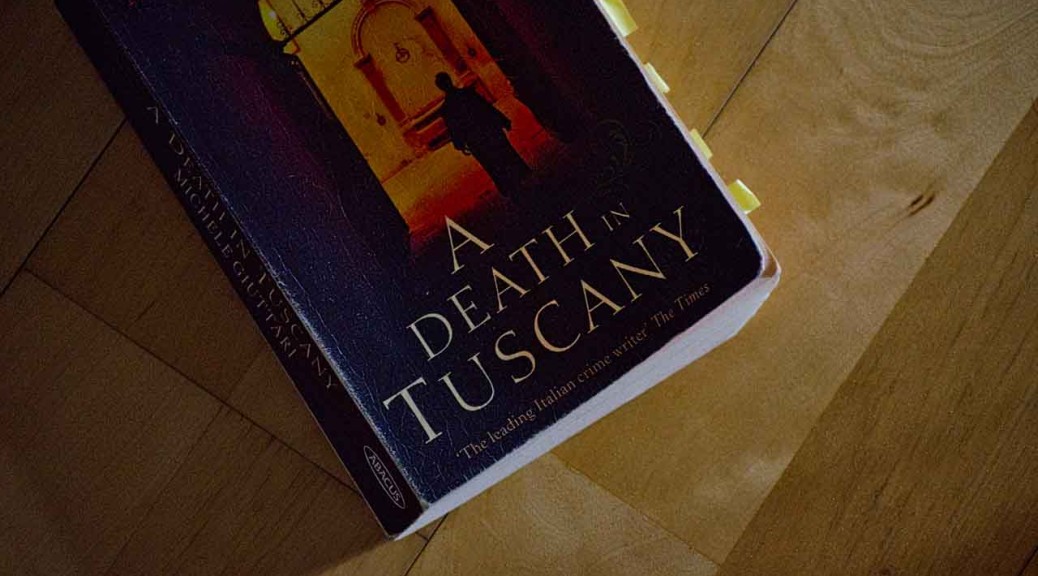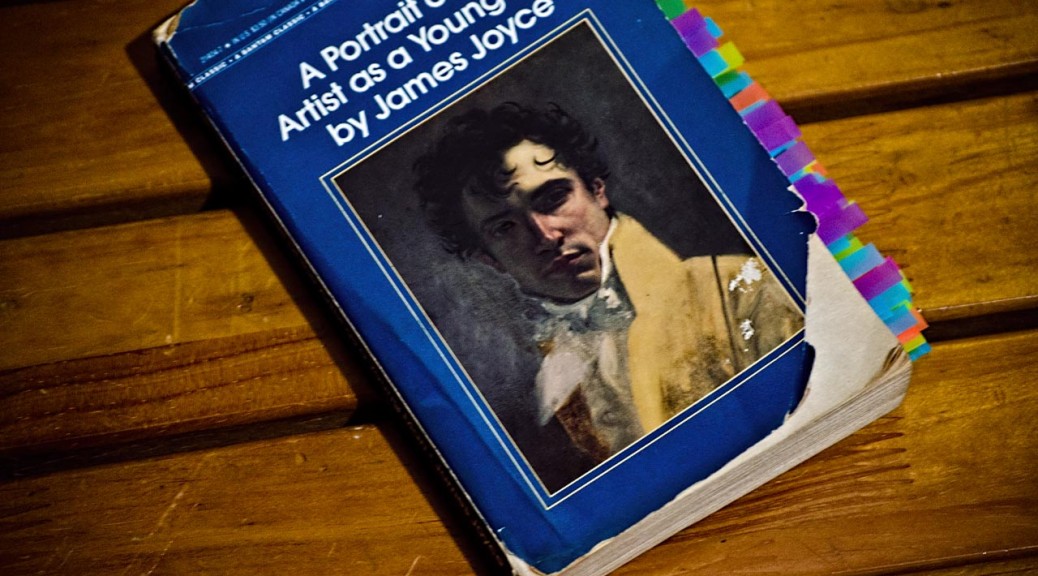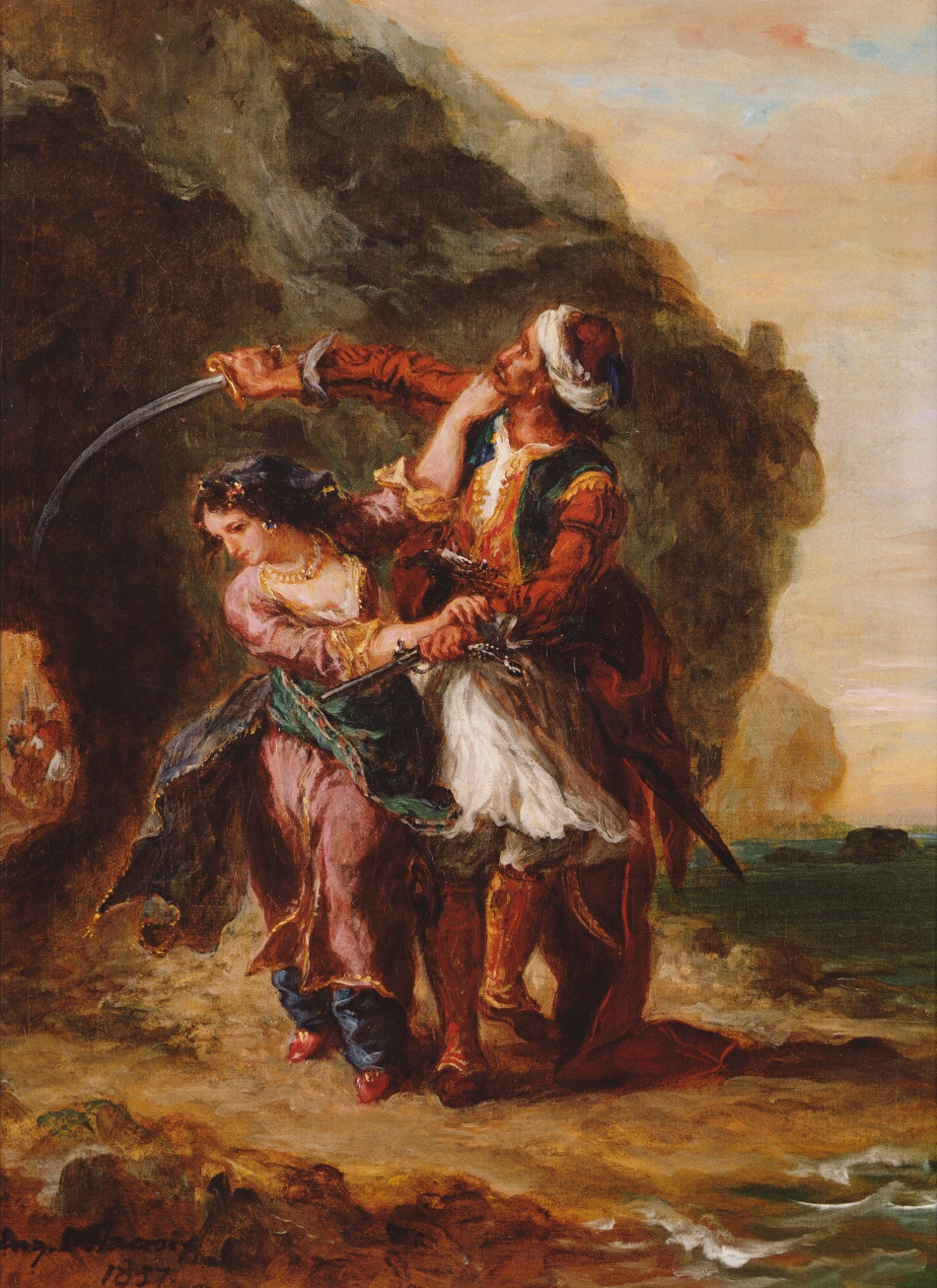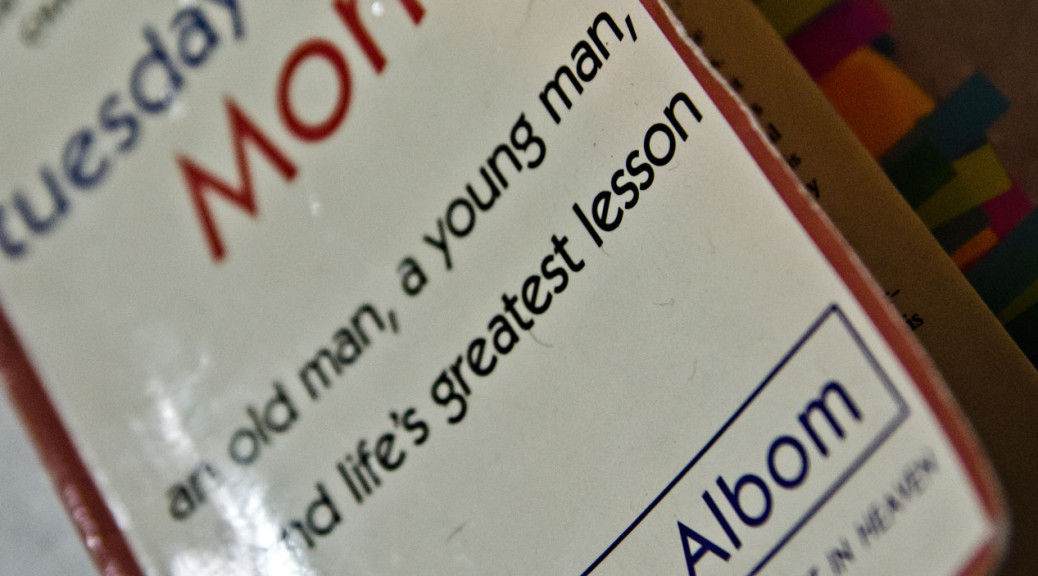Albom, Mitch. Tuesdays With Morrie: an Old Man, a Young Man, and Life’s Greatest Lesson. New York: Anchor Books, 1997. Print.
“My old professor, meanwhile, was stunned by the normalcy of the day around him. Shouldn’t the world stop? Don’t they know what has happened to me?
But the world did not stop, it took no notice at all,” p. 8
“Do I wither up and disappear, or do I make the best of my time left?” p. 10
Don’t assume that it’s too late to get involved.” p. 18
“I decided I’m going to live-or at least try to live-the way I want, with dignity, with courage, with humor, with composure.” p. 21
“There are some mornings when I cry and cry and mourn for myself. Some mornings, I’m so angry and bitter. But it doesn’t last too long. Then I get up and say, ‘I want to live…'” p. 21
“I had become too wrapped up in the siren song of my own life. I was busy.” p. 33
“And you have to be strong enough to say if the culture doesn’t work, don’t buy it. Create your own. Most people can’t do it. They’re more unhappy than me-even in my current position.” p. 35-36
social psychologist and humanistic philosopher Erich Fromm
“You take certain things for granted, even when you know you should never take anything for granted.” p. 40
“they gave up days and weeks of their lives, addicted to someone else’s drama.” p. 42
“He read books to find new ideas for his classes, visited with colleagues, kept up with old students, wrote letters to distant friends.” p. 42
“conversation, interaction, affection-and it filled his life like an overflowing soup bowl.” p. 43
“So many people walk around with a meaningless life. They seem half-asleep, even when they’re busy doing things they think are important. This is because they’re chasing the wrong things. The way you get meaning into your life is to devote yourself to loving others, devote yourself to your community around you, and devote yourself to creating something that gives you purpose and meaning.” p. 43
“The most important thing in life is to learn how to give out love, and to let it come in.” p. 52
“Why are we embarrassed by silence? What comfort do we find in all the noise?” p. 53
“I give myself a good cry if I need it. But then I concentrate on all the good things still in my life. On the people who are coming to see me. On the stories I’m going to hear.” p. 57
“the culture doesn’t encourage you to think about such things until you’re about to die. We’re so wrapped up with egotistical things, career, family, having enough money, meeting the mortgage, getting a new car, fixing the radiator when it breaks-we’re involved in trillions of little acts just to keep going. So we don;t get into the habit of standing back and looking at our lives and saying, Is this all? Is this all I want? Is something missing?” p. 64-65
“A teacher affects eternity; he can never tell where his influence stops.” Henry Adams. p. 79
*****”Everybody knows they’re doing to die… but nobody believes it. If we did, we would do things differently… To know you’re going to die, and to be prepared for it at any time. That’s better. That way you can actually be more involved in your life while you’re living… Do what the Buddhists do. Every day, have a little bird on your shoulder that asks, ‘Is today the day? Am I being the person I want to be?'” p. 81
“once your learn how to die, you learn how to live.” p. 82
“most of us all walk around as if we’re sleepwalking. We really don’t experience the world fully, because we’re half-asleep, doing things we automatically think we have to do.” p. 83
“if you really listen to that bird on your shoulder, if you accept that you can die at any time-then you might not be as ambitious as you are.” p. 83
“We are too involved in materialistic things, and they don’t satisfy us. The loving relationships we have, the universe around us, we take these things for granted.” p. 84
“If you don’t have the support and love and caring and concern that you get from a family, you don’t have much at all.” p. 91
“‘spiritual security’-knowing that your family will be there watching our for you. Nothing else will give you that. Not money. Not fame.” p. 92
“If you want the experience of having complete responsibility for another human being, and to learn how to love and bond in the deepest way, then you should have children.” p. 93
“I dove into work. I worked because I could control it. I worked because work was sensible and responsive.” p. 96
“Learn to detach.” p. 103
“But once he recognized the feel of those emotions, their texture, their moisture… the quick flash of heat that crosses your brain-then he was able to say, “Okay. This is fear. Step away from it. Step away.” p. 104-105
“There is a tribe in the North American Arctic, for example, who believe that all things on earth have a soul that exists in a miniature form of the body that holds it-so that a deer has a tiny deer inside it, and a man has a tiny man inside him. When the being dies, that tiny form lives on. It can slide into something being born nearby, or it can go to a temporary resting place in the sky, in the belly of a great feminine spirit, where it waits until the moon can send it back to earth.” p. 114
“Aging is not just decay, you know. It’s growth. It’s more than the negative that you’re going to die, it’s also the positive that you understand you’re going to die, and that you live better because of it.” p. 118
“All younger people should know something. If you’re always battling against getting older, you’re always going to be unhappy, because it will happen anyhow.” p. 118-119
“Remember what I said about detachment? Let it go. Tell yourself, ‘That’s envy. I’m going to separate from it now.’ And walk away.” p. 119
“The truth is, part of me is every age. I’m a three-year-old, I’m a five-year-old, I’m a thirty-seven-year old, I’m a fifty-year-old. I’ve been through all of them, and I know what it’s like. I delight in being a child when it’s appropriate to be a child. I delight in being a wise old man when it’s appropriate to be a wise old man.” p. 120
“Devote yourself to loving others, devote yourself to your community around you, and devote yourself to creating something that gives you purpose and meaning.” p. 127
****”if you’re trying to show off for people at the top, forget it. They will look down at you anyhow. And if you’re trying to show off for people at the bottom,forget it. They will only envy you. Status will get you nowhere.” p. 127
“Do the kinds of things that come from the heart. When you do, you won’t be dissatisfied, you won’t be envious, you won’t be longing for somebody else’s things. On the contrary, you’ll be overwhelmed with what comes back.” p. 128
“Each night, when I go to sleep, I die. And the next morning when I wake up, I am reborn.” Mahatma Ghandi p. 129
“When Morrie was with you, he was really with you. He looked you straight in the eye, and he listened as if you were the only person in the world.” p. 135
“I believe in being fully present… That means you should be with the person you’re with. When I’m talking to you now, Mitch, I try to keep focused only on what is going on between us. I am not thinking about something we said last week.” p. 135
“So many people with far smaller problems are so self-absorbed, their eyes glaze over if you speak for more than thirty seconds. They already have something else in mind” p. 136
“People haven’t found meaning in their lives, so they’re running all the time looking for it. They think the next car, the next house, the next job. Then they find those things are empty, too, and they keep running.” p. 136
“I don’t put have to be in that much of a hurry with my car. I would rather put my energies into people.” p. 137
“love and marriage: If you don’t respect the other person, you’re gonna have a lot of trouble. If you don’t know how to compromise, you’re gonna have a lot of trouble. If you can’t talk openly about what does on between you, you’re gonna have a lot of trouble. And if you don’t have a common set of values in life, you’re gonna have a lot of trouble. Your values must be alike.” p. 149
“People are only mean when they’re threatened… and that’s what our culture does.” p. 154
“The little things, I can obey. But the big things-how we think, what we value-those you must choose yourself. You can’t let anyone-or any society-determine those for you.” p. 155
“the biggest defect we human beings have is our shortsightedness.” p. 156
“Invest in the human family. Invest in people.” p. 157
“this disease is knocking at my spirit. But it will not get my spirit. It’ll get my body. It will not get my spirit.” p. 163
“There is no point in keeping vengeance or stubbornness… these things I so regret in my life. Pride. Vanity.” p. 164
“I mourn my dwindling time, but I cherish the chance it gives me to make things right.” p. 167
“Make peace with living.” p. 173
“Death ends a life, not a relationship.” p. 174
“how could he find perfection in such an average day.” p. 176
“There is no formula to relationships. They have to be negotiated in loving ways, with room for both parties, what they want and what they need, what they can do and what their life is like.” p. 177-178
“We’re all going to crash! All of us waves are going to be nothing! Isn’t it terrible?’
“The second wave says, ‘No, you don’t understand. You’re not a wave, you’re part of the ocean.” p. 179-180
“My father moved through theys of we,
singing each new leaf out of each tree
(and every child was sure that spring
danced when she heard my father sing)…”
my father moved through dooms of love. Poem by e e cummings
“I want to tell him to be more open, to ignore the lure of advertised values, to pay attention when your loved ones are speaking, as if it were the last time you might hear them.” p. 192
“But if Professor Morris Schwartz taught me anything at all, it was this: there is no such thing as “too late” in life. He was changing until the day he said good-bye.” p. 190
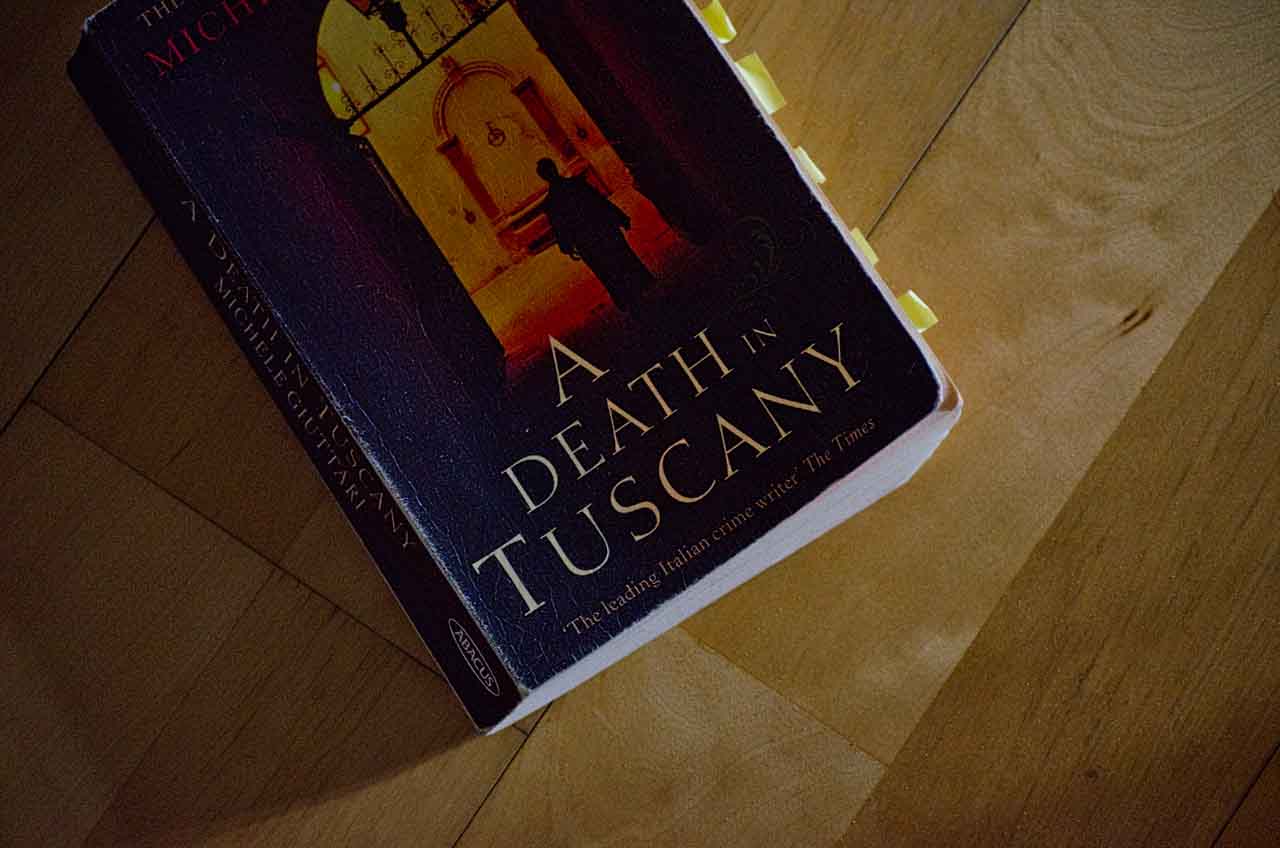 Giuttari, Michele, and Howard Curtis. A Death in Tuscany. London: Abacus, 2009. Print.
Giuttari, Michele, and Howard Curtis. A Death in Tuscany. London: Abacus, 2009. Print.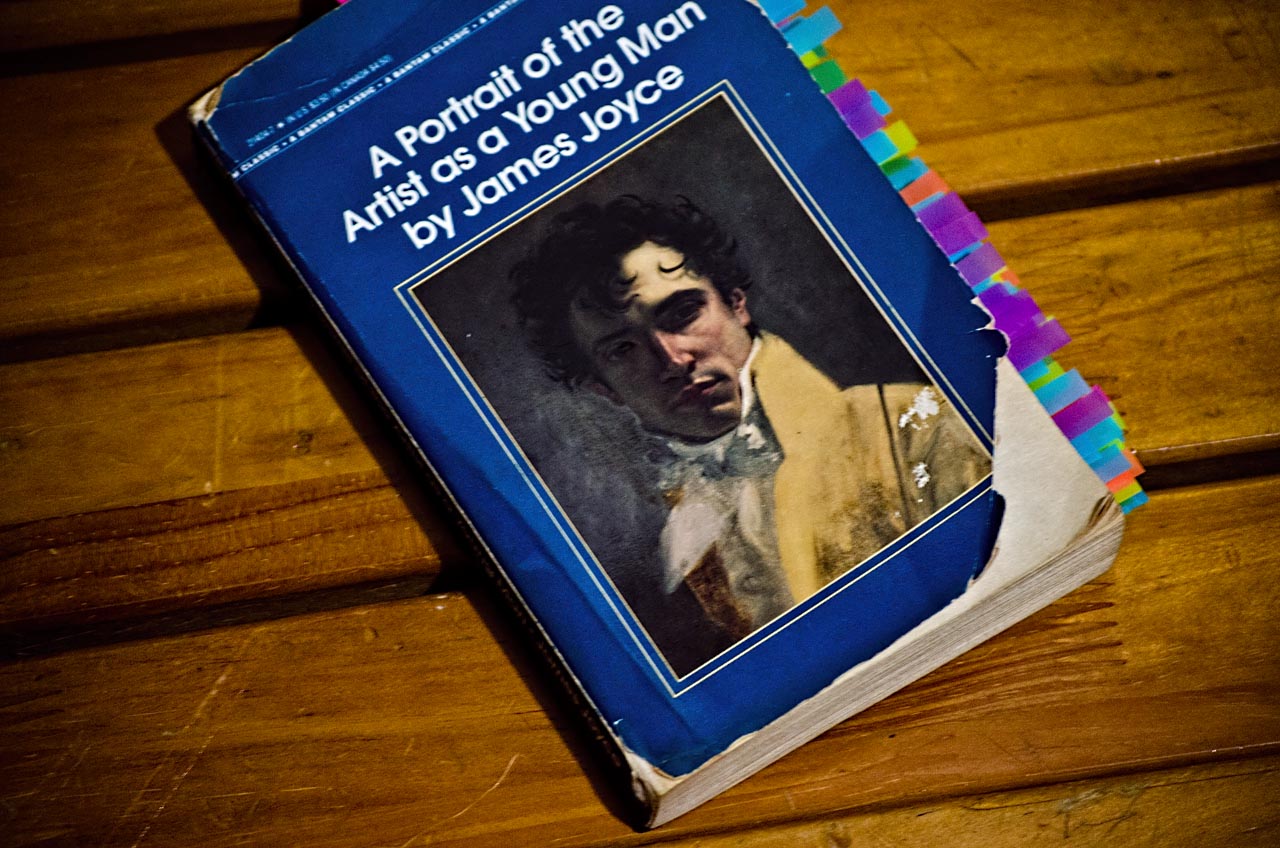 (I) Joyce, James. A Portrait of The Artist as a Young Man. New York: Bantam Books, 1992. Print. (First Edition 1916).
(I) Joyce, James. A Portrait of The Artist as a Young Man. New York: Bantam Books, 1992. Print. (First Edition 1916).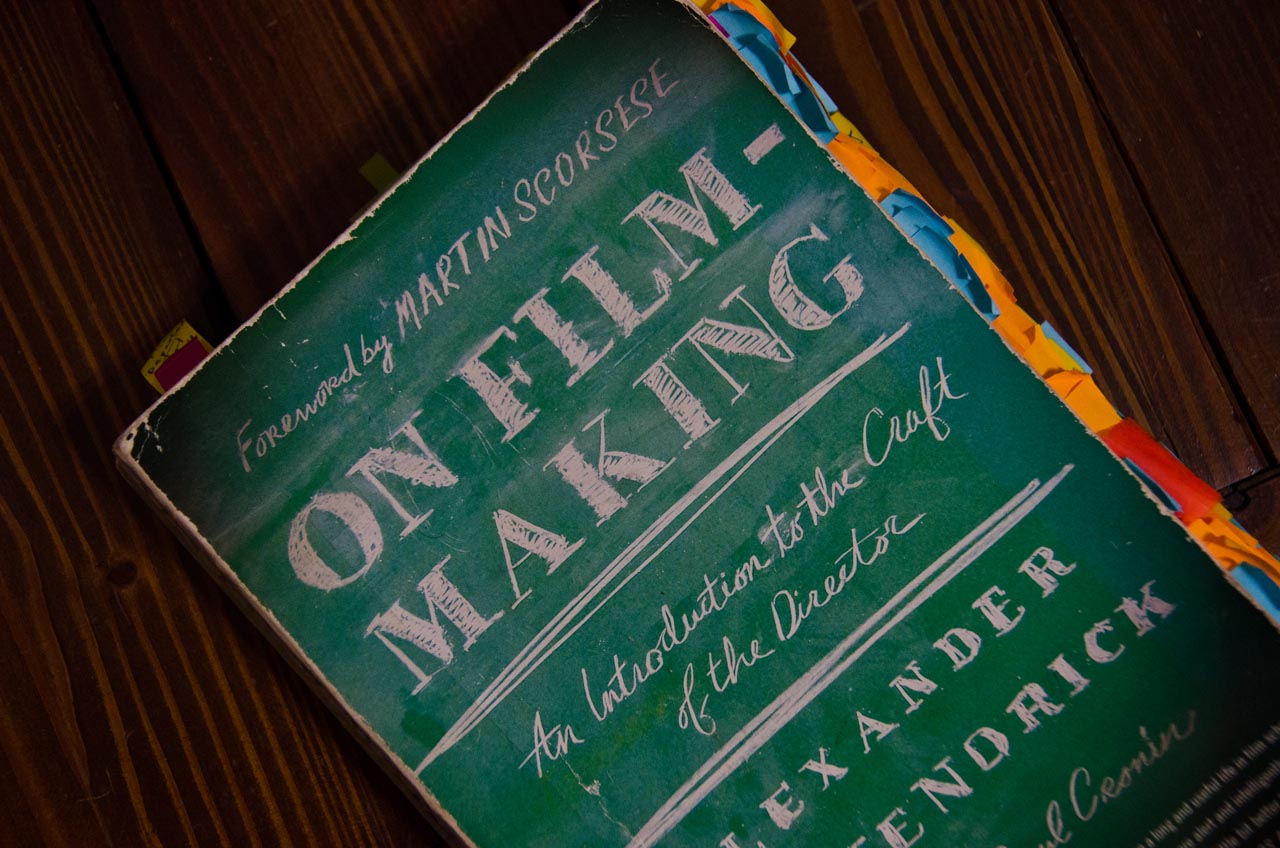 (I) Mackendrick, Alexander. On film-making: an introduction to the craft of the director. New York: Faber and faber, 2005. Print.
(I) Mackendrick, Alexander. On film-making: an introduction to the craft of the director. New York: Faber and faber, 2005. Print.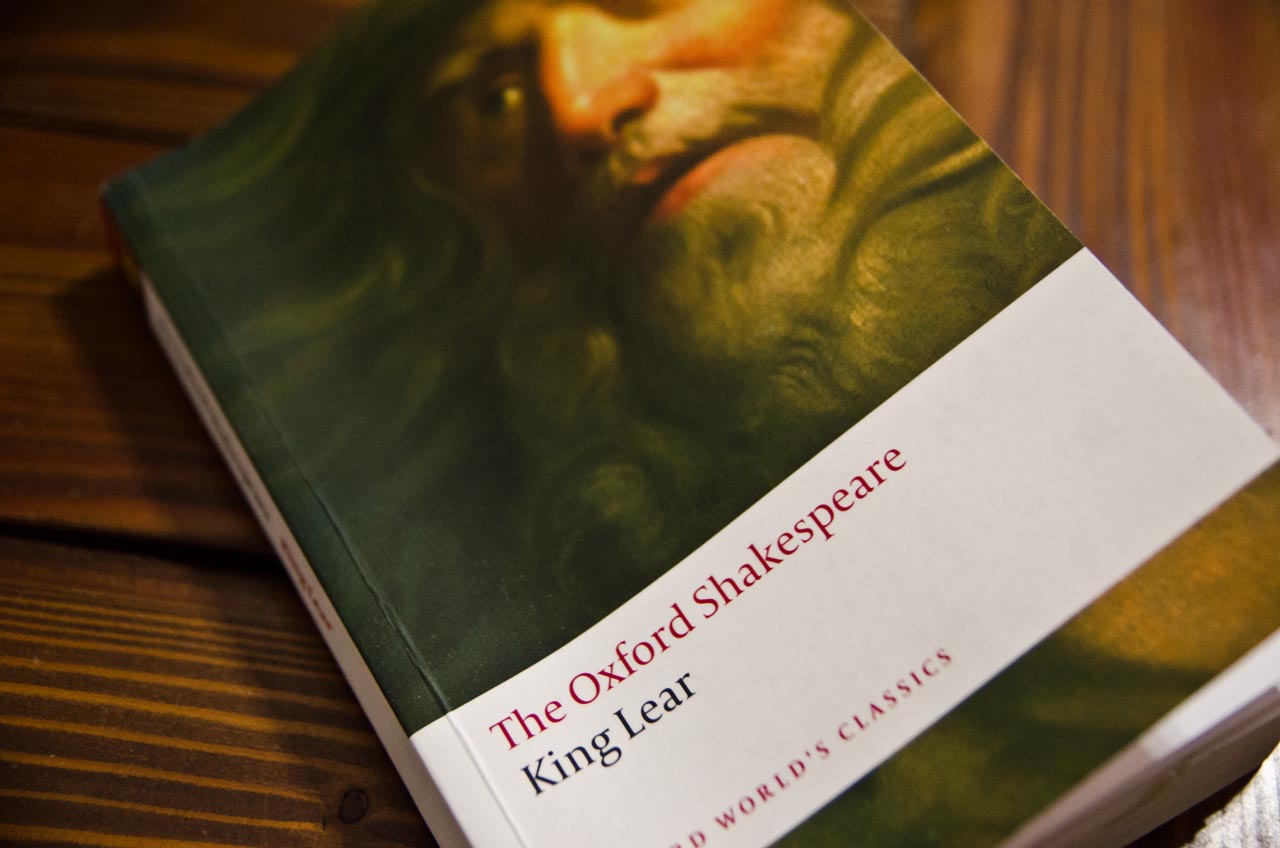 (I) Shakespeare, William, and Stanley Wells. The History of King Lear. Oxford: Oxford UP, 2008. Print.
(I) Shakespeare, William, and Stanley Wells. The History of King Lear. Oxford: Oxford UP, 2008. Print. 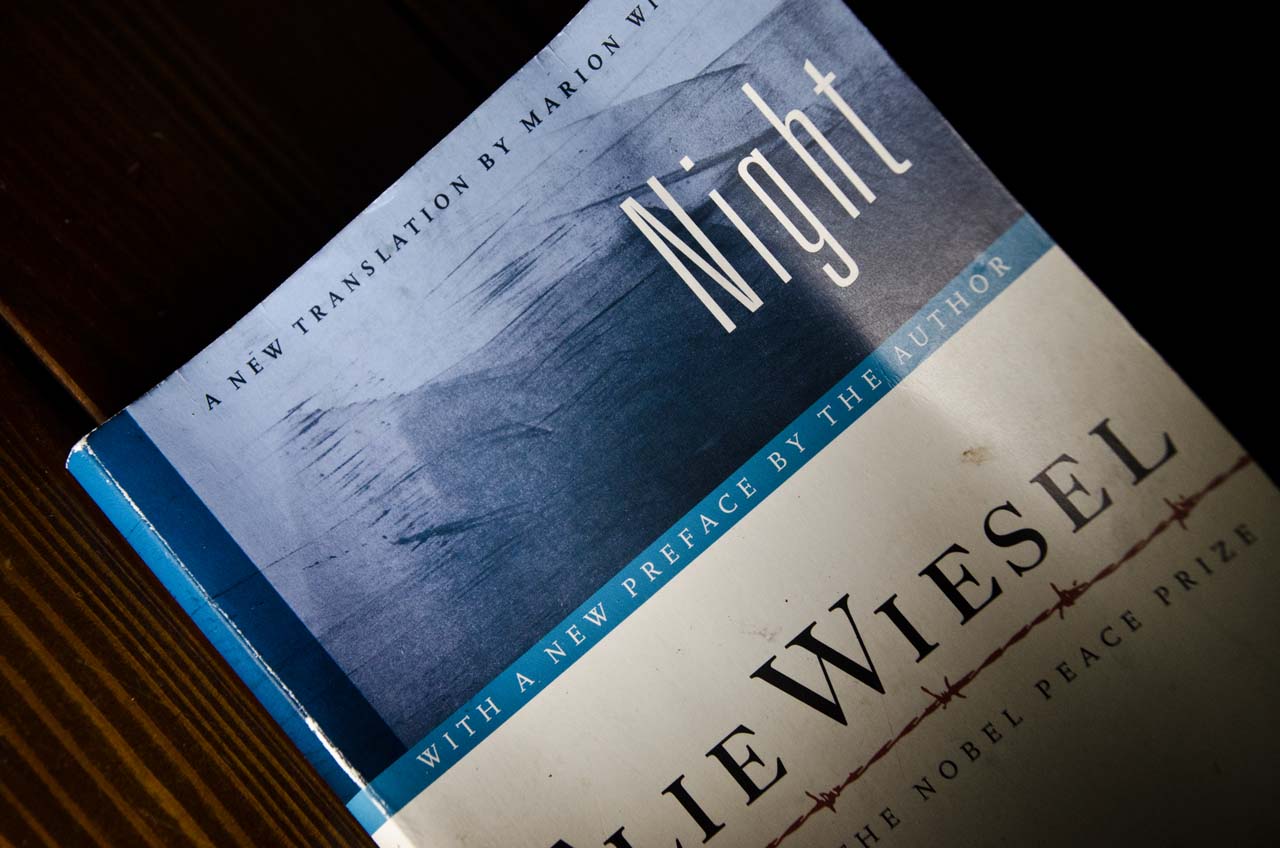 Wiesel, Elie, and Marion Wiesel. Night. New York, NY: Hill and Wang, a Division of Farrar, Straus and Giroux, 2006. Print. (First Ed. 1958).
Wiesel, Elie, and Marion Wiesel. Night. New York, NY: Hill and Wang, a Division of Farrar, Straus and Giroux, 2006. Print. (First Ed. 1958).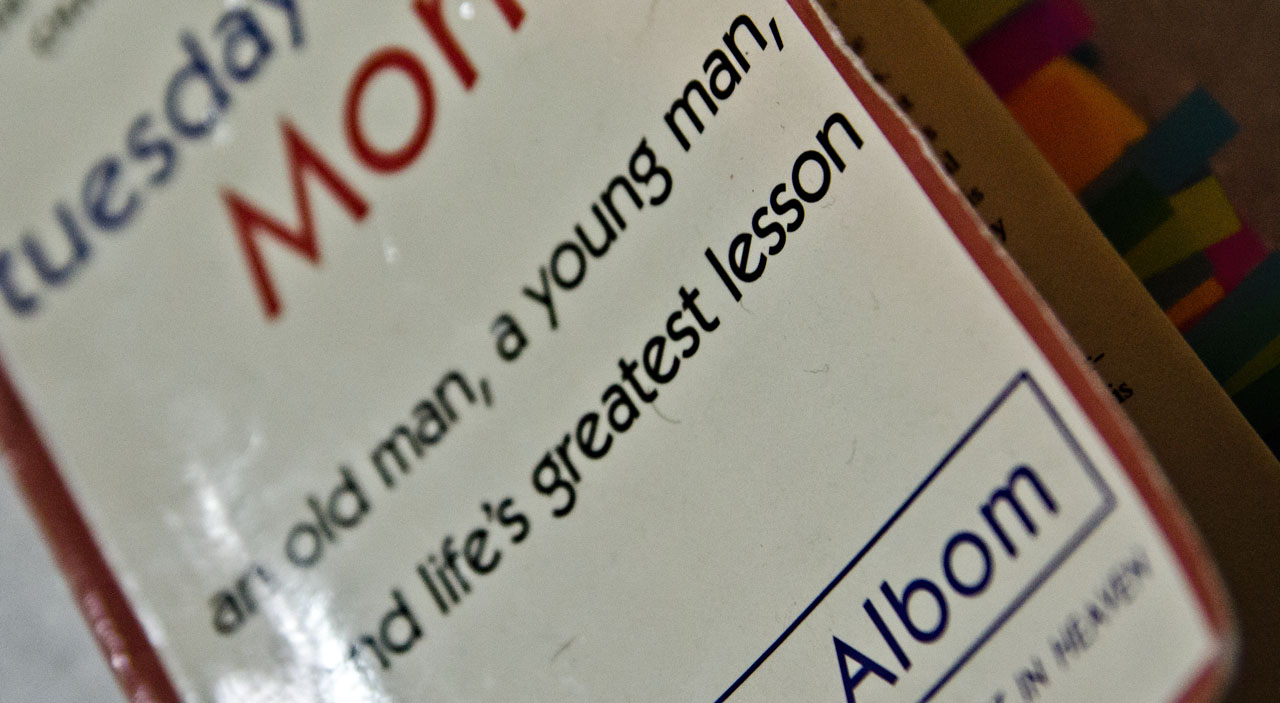 Albom, Mitch. Tuesdays With Morrie: an Old Man, a Young Man, and Life’s Greatest Lesson. New York: Anchor Books, 1997. Print.
Albom, Mitch. Tuesdays With Morrie: an Old Man, a Young Man, and Life’s Greatest Lesson. New York: Anchor Books, 1997. Print.
